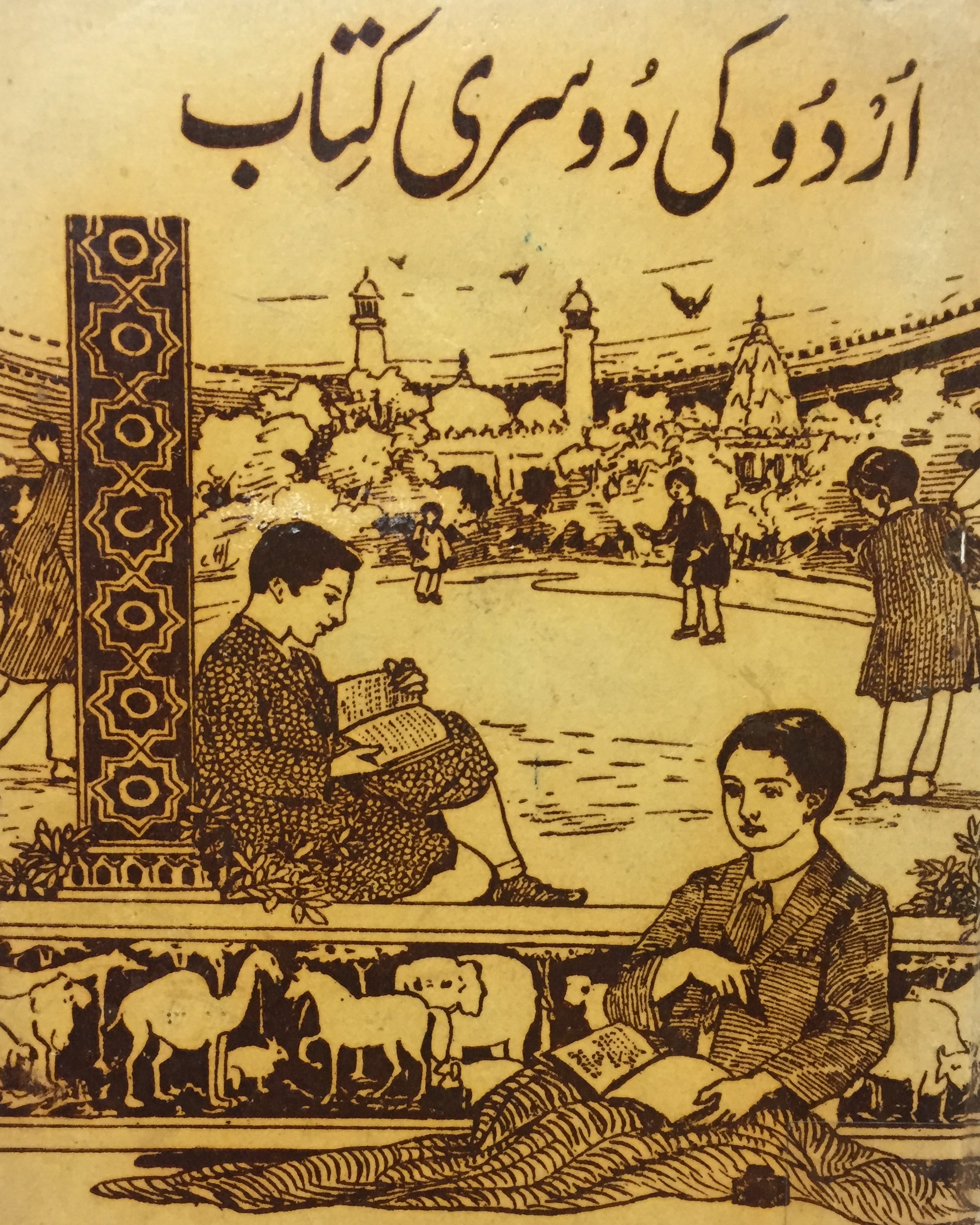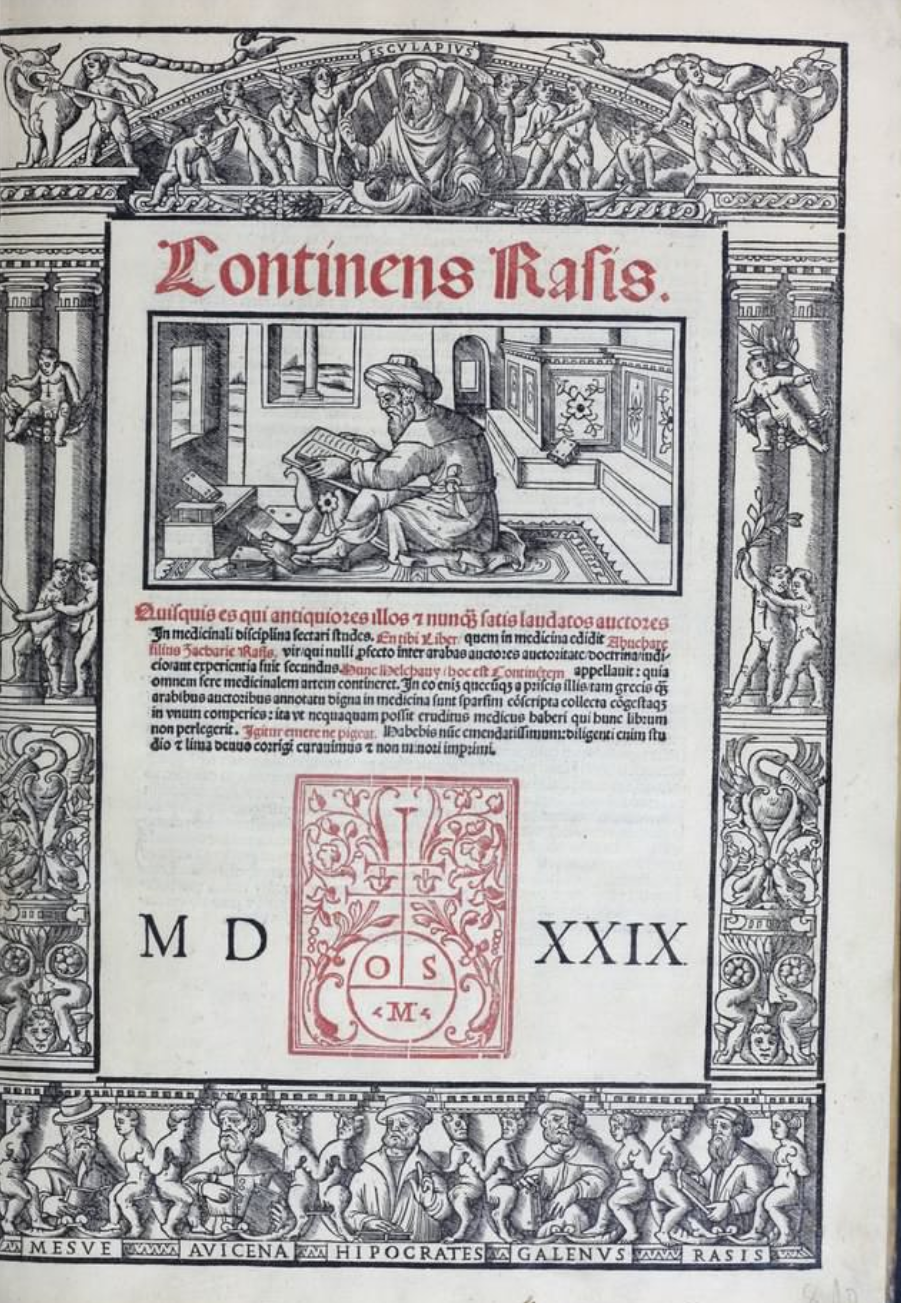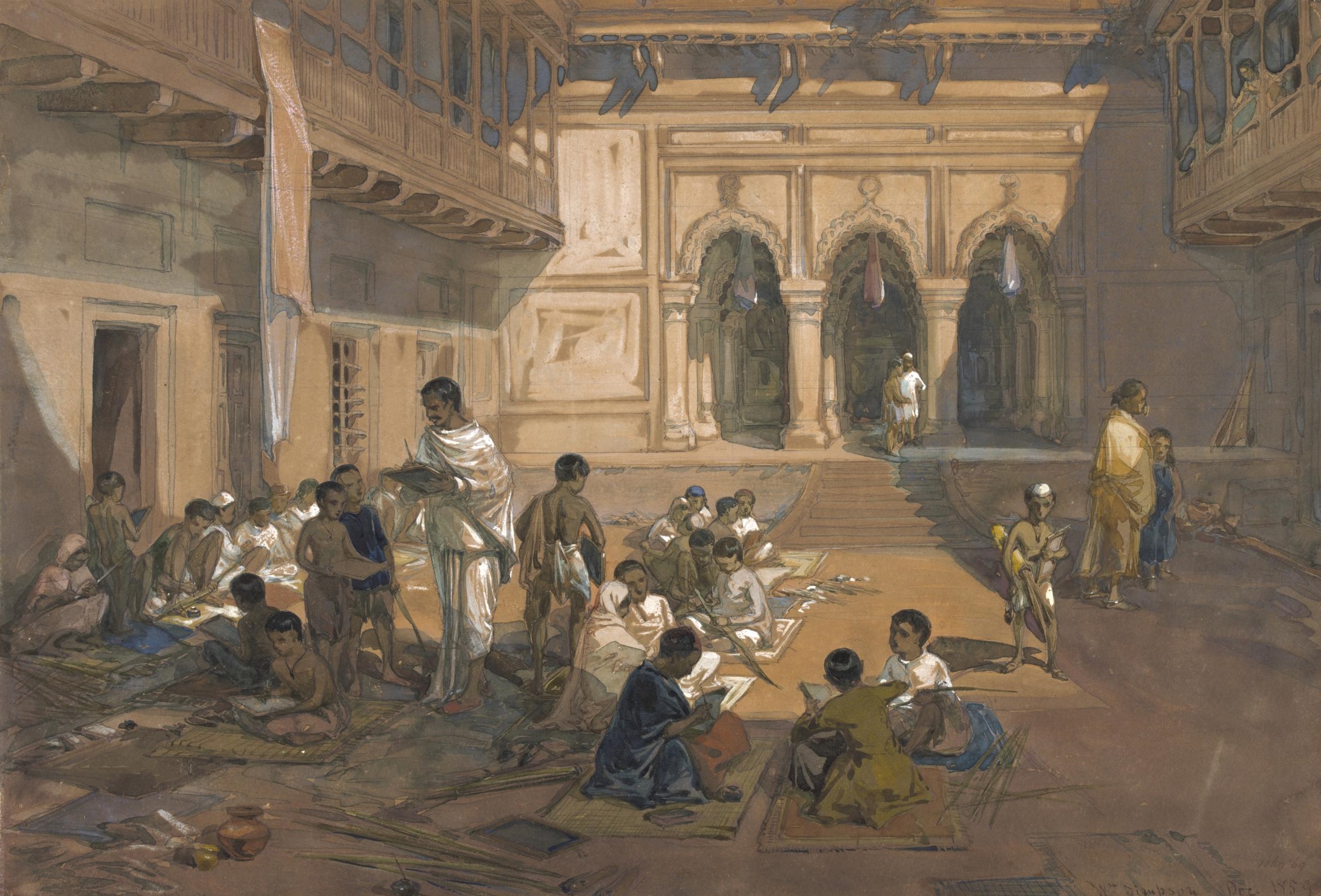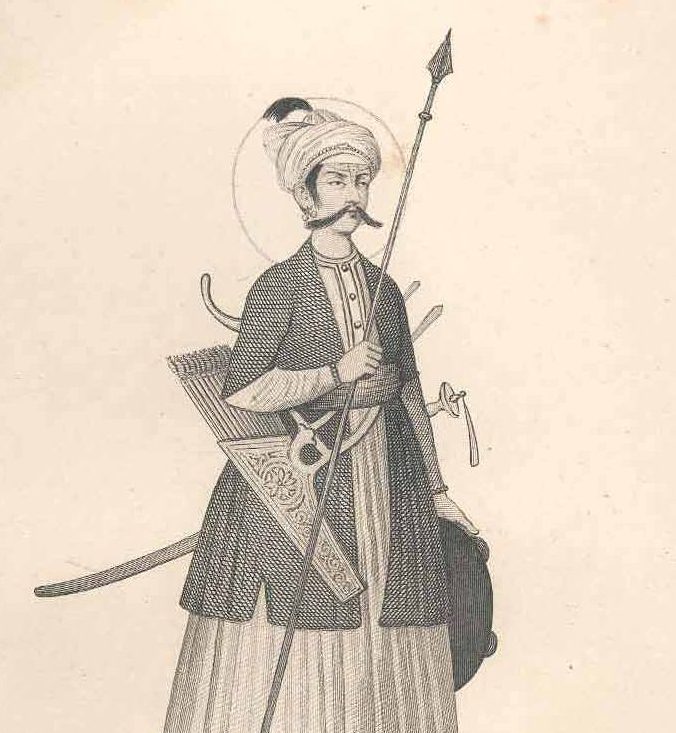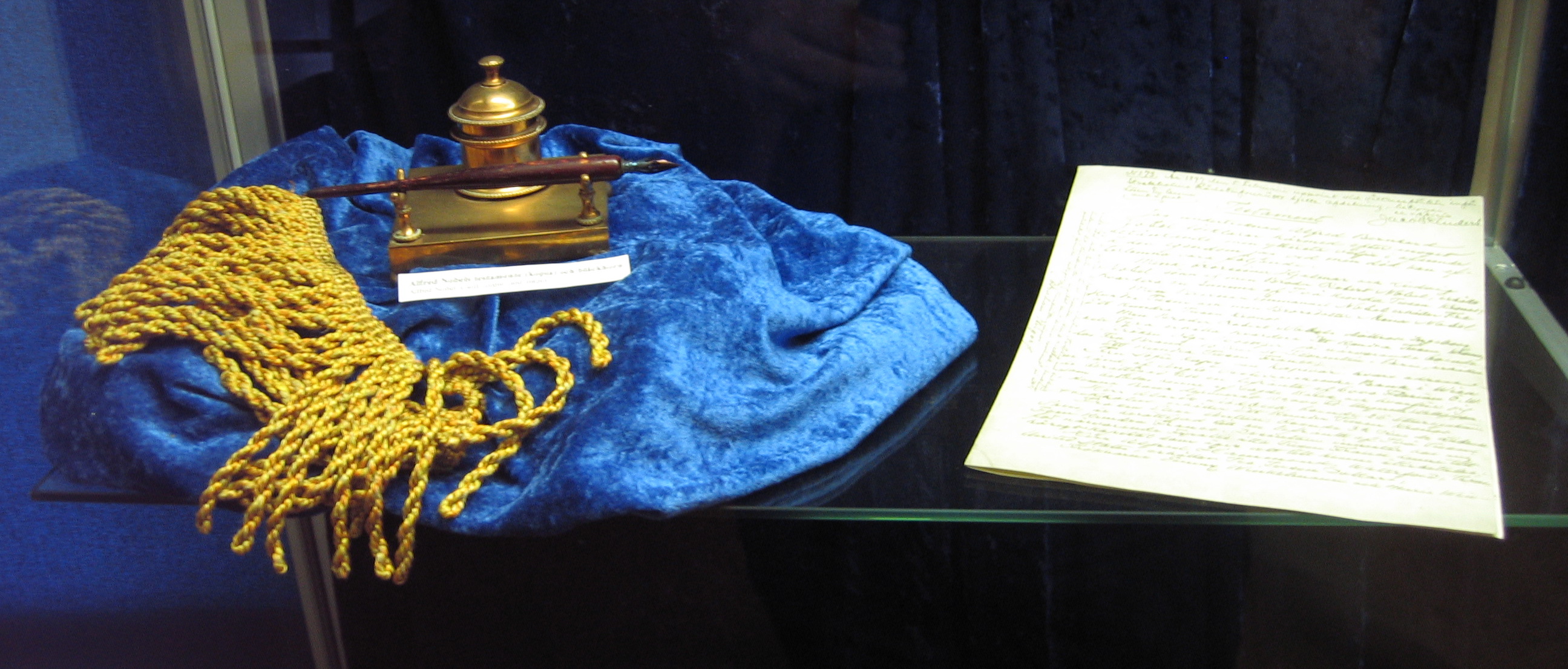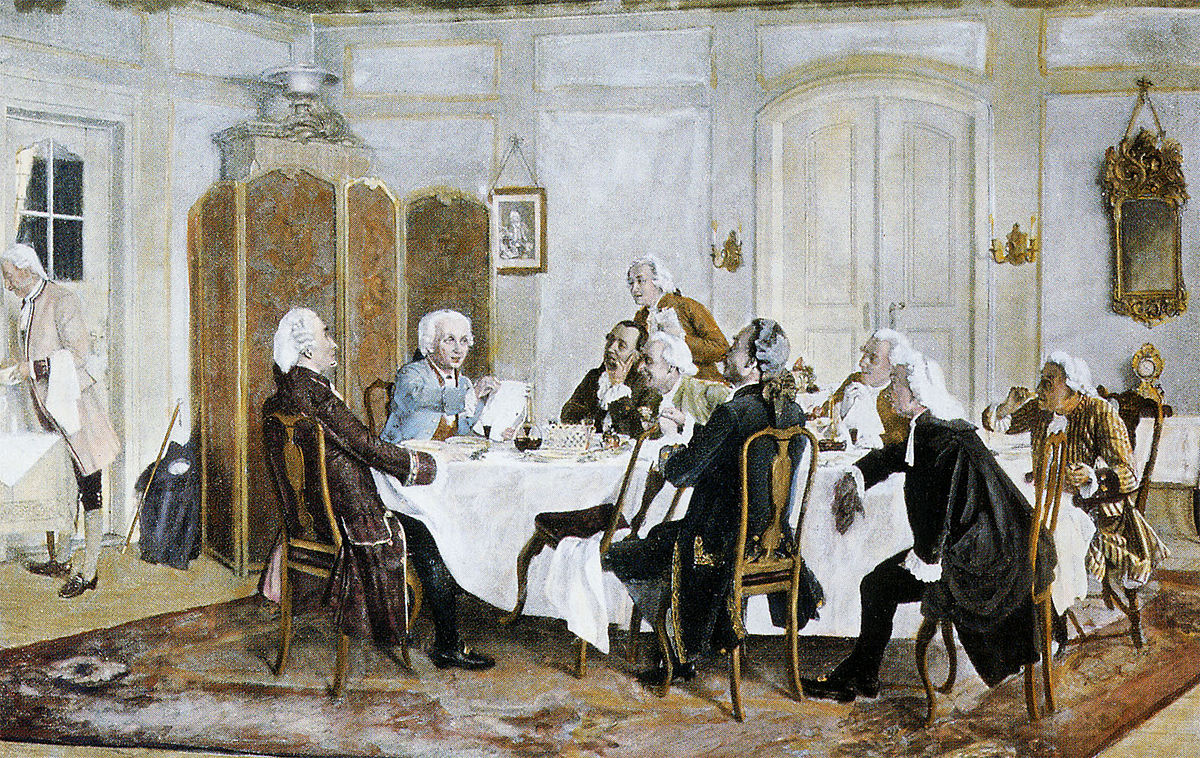Education and Taste
Literary authors often saw their social role as one of teachers – whether passing their knowledge down to children or newly educated classes, or counselling the powerful. As a result, many of the genres and authors studied as part of the MULOSIGE project share a strong didacticism.
Many authors were themselves embedded in cultural and educational institutions, and worked as scribes, manuscript illustrators, official praise singers, imperial chroniclers, university lecturers, private tutors, freelance performers at ceremonies and public events, publishers, theatre directors, magazine editors. In all these roles, they were often expected to share their wisdom, whether in the form of witty jokes or long treatises. Literature, for example, often aimed at teaching religious dogmas and moral precepts to the community of the faithful. Or in more secular context, literature instructed the readers on how to be good citizens and patriots, good daughters and sons, good husbands and wives. In all these cases, the author postured as someone who has knowledge to share to advance society. This could take the form of explicitly didactic genres, such language primers, or more aesthetically inflected genres, such as children’s literature.
A focus on education offers a privileged lens through which to study ideological state apparatuses, mechanisms of social reproduction, hegemony and counter-hegemonies, and the relationship between literary authors and political power.
Making the child ‘sharīf’ in Urdu textbooks – Muslim, yet not Islamic
Sumaira Nawaz reflects on Urdu educational texts in colonial North India and how they informed new sensibilities and identities across religious divides
Iran’s official book awards: a more open ‘World’ literature
Iranian poet, literary critic and translator Alireza Abiz examines Iran's 'World Book Award' and the languages, works, and topics it considers and finds the prize to be surprisingly expansive in acknowledging different sources of cultural and literary exchange in Iran
MULOSIGE Syllabus: Comparative Colonial Pedagogies
MULOSIGE's first course illustrates both shared and divergent trajectories in colonial education in the Maghreb and North India.
Imperial Languages/Languages and Empire: A reflection
MULOSIGE's Francesca Orsini interrogates a new collaborative project that explores the interaction between languages and empire and suggests that 'imperial languages' as a conceptual category should be deployed carefully
To Win the Nobel Prize, Write in a European Language
July Blalack argues that The Nobel Prize in literature is failing its global audience due to its near exclusive focus on literature written in European languages.
Approaches to Global Intellectual History: Jürgen Osterhammel
Jürgen Osterhammel discusses Eurocentrism and the status of world history in the German academy


